Exact Answer: Few Weeks
Kidney failure, also known as renal failure, is the ultimate stage of chronic kidney disease. The sufferer’s kidneys eventually lose their capacity to filter extra fluid from the blood, resulting in a fluid build-up in the body.
Is it possible to reliably forecast renal prognosis and life expectancy? Yes, it is true! It’s getting increasingly common. The natural history of many types of renal illness is becoming more defined; the degree of glomerular filtration rate (GFR) decline and the quantity of proteinuria are powerful indicators of renal outcome.
After Kidney failure or stage 5 of kidney failure, a person can survive for few weeks without any dialysis treatment or any kidney transplant.
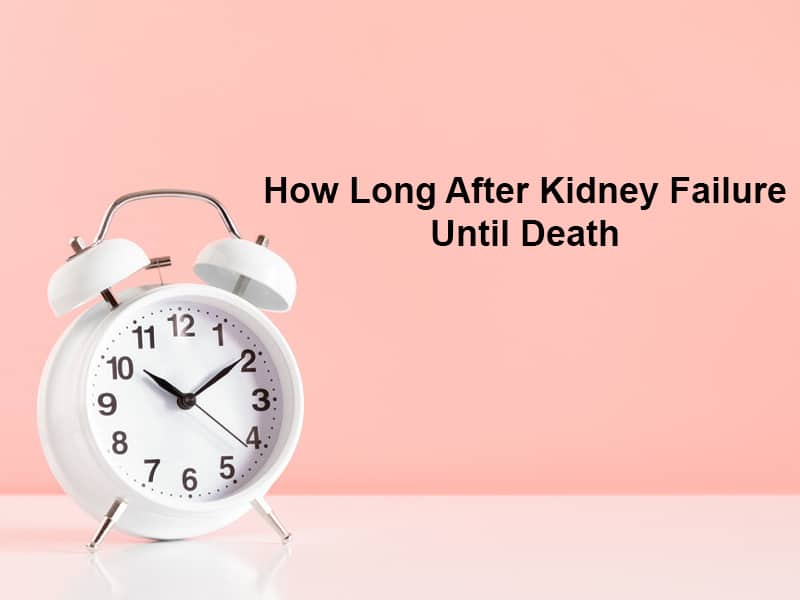
How Long After Kidney Failure Until Death?
Life expectancy figures for a person with CKD (Chronic Kidney Disease) were developed using data from a large population-based registry in Alberta, Canada, and other nations, and stratified by (estimated glomerular filtration rate) eGFR level.
Data are derived for men and women aged 30 to 85 years old based on their kidney function levels as determined by eGFRs ≥ 60, 45–59, 30–44, and 15–29 ml/min/1.73 m2.
According to these findings, life expectancy decreases significantly with each age band with lower renal function.
With stage 5 CKD, males between the ages of 30 and 35 have a 14-year life expectancy whereas, the anticipated life span for women of the same age is 13 years. Between the ages of 70 and 75, both men and women have a four-year life expectancy. However, even if you’re not going for dialysis or a transplant, taking medicine and living a healthy lifestyle can help you live a bit longer.

Patients of kidney failure or renal failure cannot survive without any external treatment like dialysis or a kidney transplant. These treatments are no less than miracles as they sometimes increase the lifespan by ten years or more.
As soon as you come to know about the symptoms of kidney failure, you should seek medical assistance and get it diagnosed.
The probability of survival can be defined only after knowing the exact stage of your disease and the various treatments that may help you can be understood.
| Type of treatment | Life expectancy after kidney failure |
| No treatment | Few weeks |
| Dialysis | 5-10 years |
| Kidney transplant | 10-15 years |
Why Does It Take Few Weeks After Kidney Failure Until Death?
The following are some of the most common signs of renal failure near the end of life like water retention, swelling, appetite loss, anxiety, fatigue, itching, cramping, drowsiness etc
The signs and symptoms of kidney disease are frequently vague, which means they might be caused by different disorders. Signs and symptoms may not develop until permanent damage has occurred since your kidneys are very flexible and capable of compensating for reduced function.
These symptoms result in failing kidneys which means your body is now accumulating a lot of toxins, wastes, fluids, electrolytes that cannot be excreted naturally.
People with conditions like Diabetes and hypertension are at an increased risk of acquiring kidney failure.
Various medical researchers suggest that a swift drop in the functioning of normal kidney might predict the development of ESRD.

Failing kidneys cannot contribute to any body function like maintaining the blood pressure, stregthenoing your bones or to producing new red blood cells in your blood. This means the basic requirement of surviving of your body gets hampered and disturs the whole process in addition to the symptoms of failure.
Your body cannot function normally in this condition and tries to survive. It is hence observed that the patient do not live after few weeks of kidney failure if any external treatment is not given to him.
Conclusion
Kidney failure can be both mentally and physically challenging for the person. After diagnosing renal failure, one should stress enough on the medical procedures, that includes dietary modifications, hydration restriction, and medication. It also becomes very prominent to simultaneously treat other diseases like diabetes, hypertension so that they may not enhance the impact of kidney failure.
Dialysis or a kidney transplant are the major treatments after the kidneys have fully failed. The patients of kidney failure survive for decades after undergoing these treatments with proper care and assistance. Although a diagnosis of kidney failure is challenging and disheartening, there is always hope.


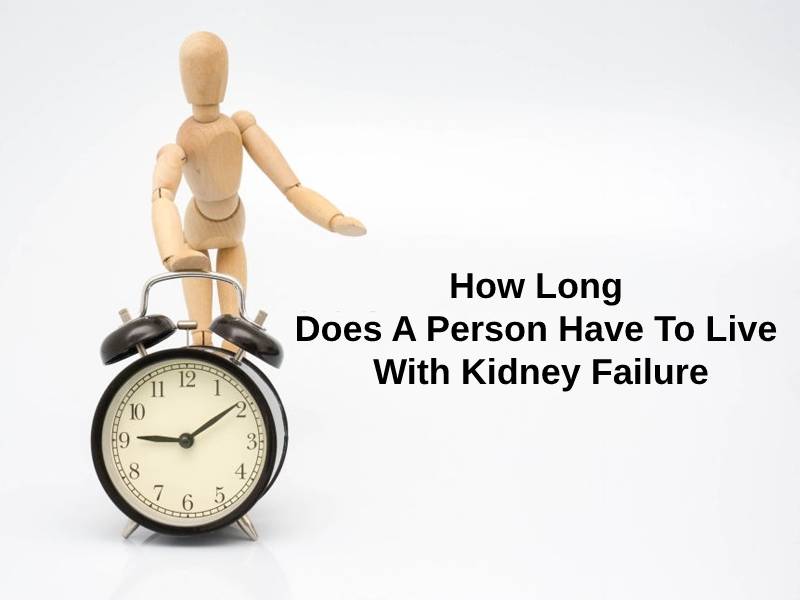
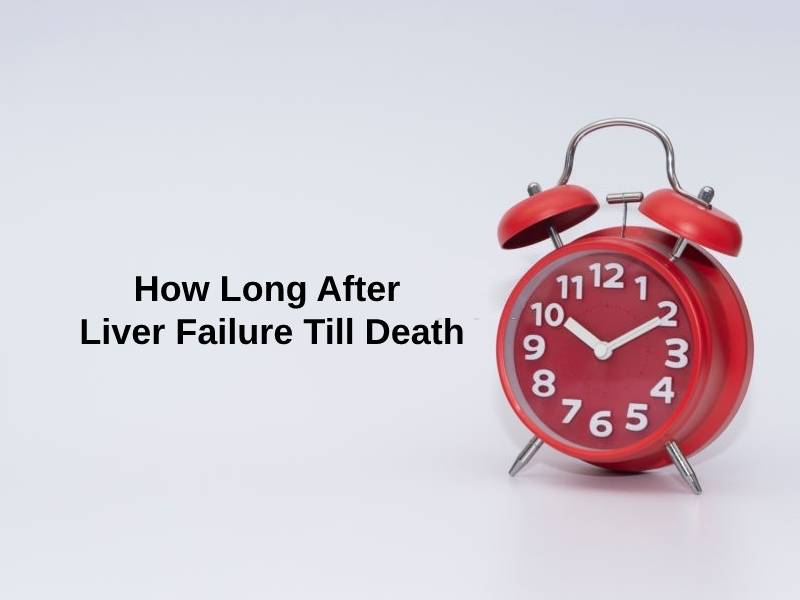
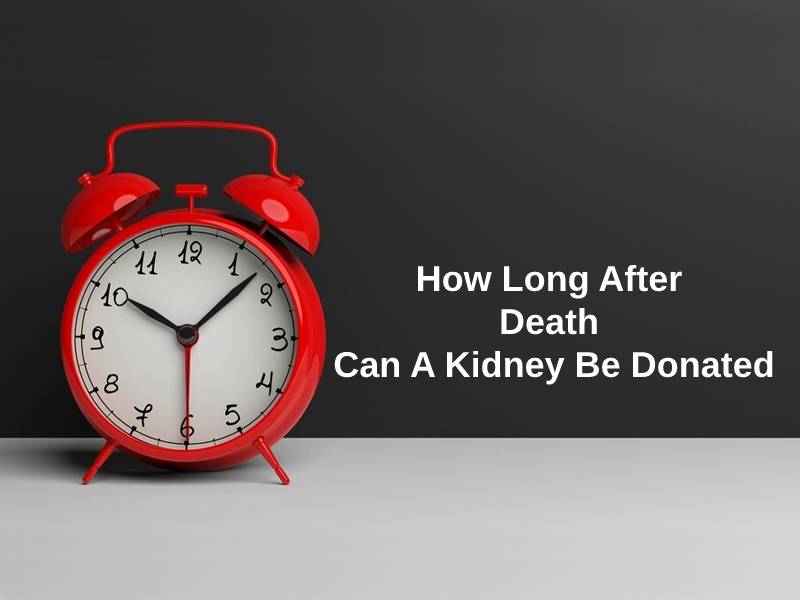

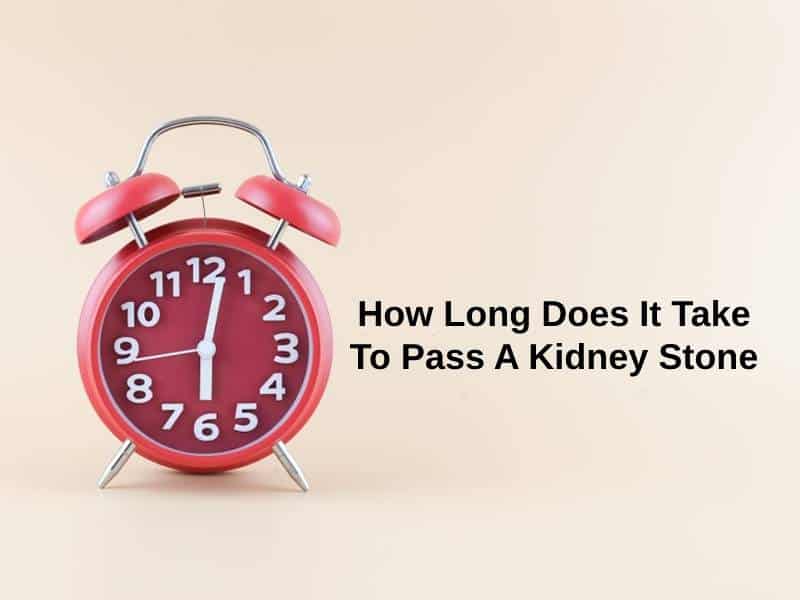
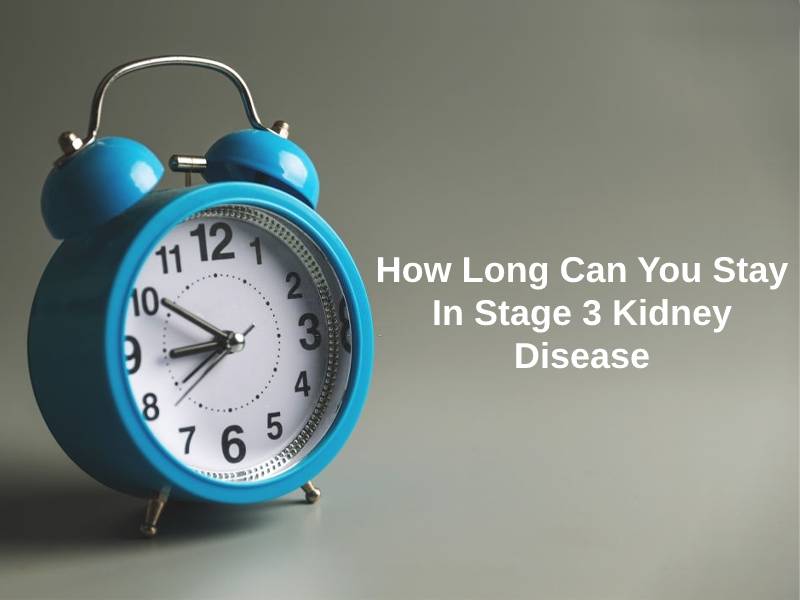
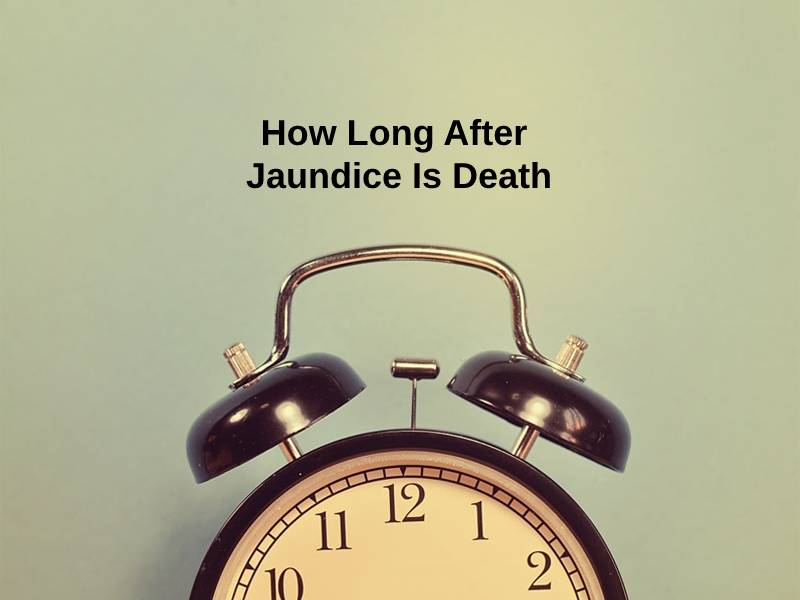
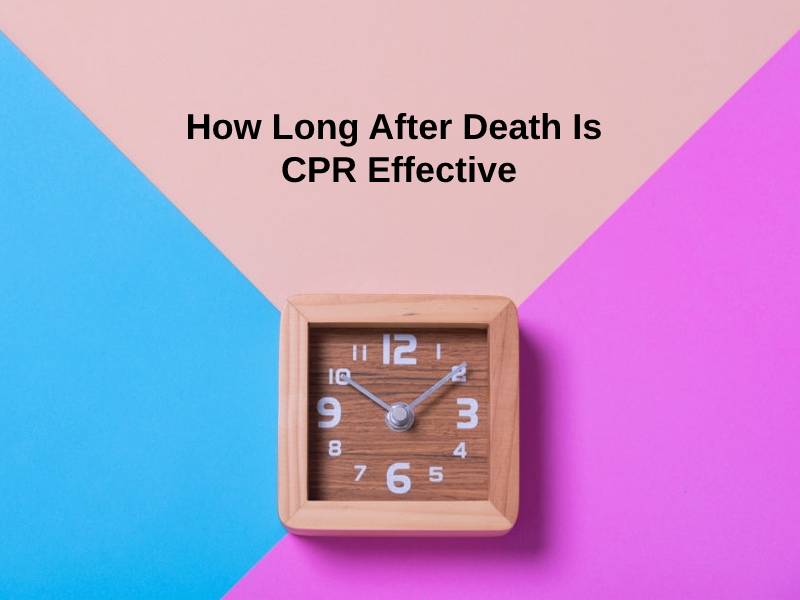
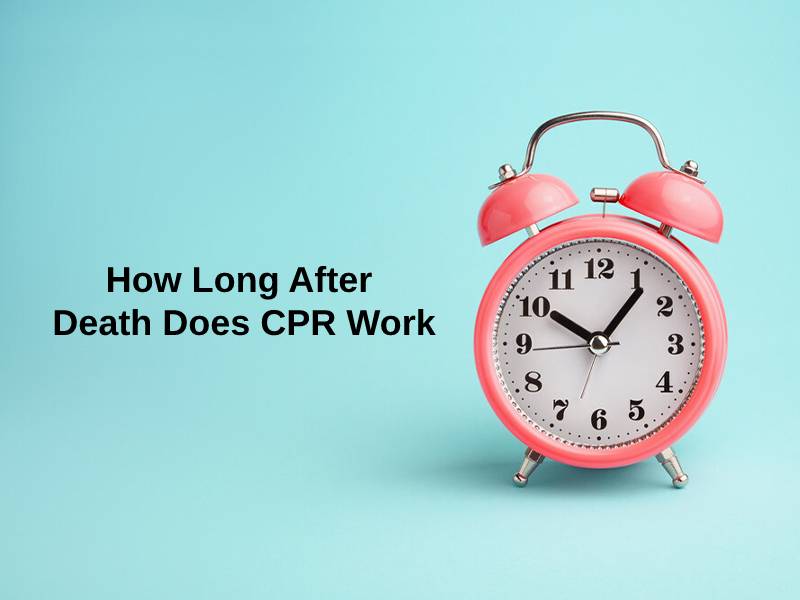
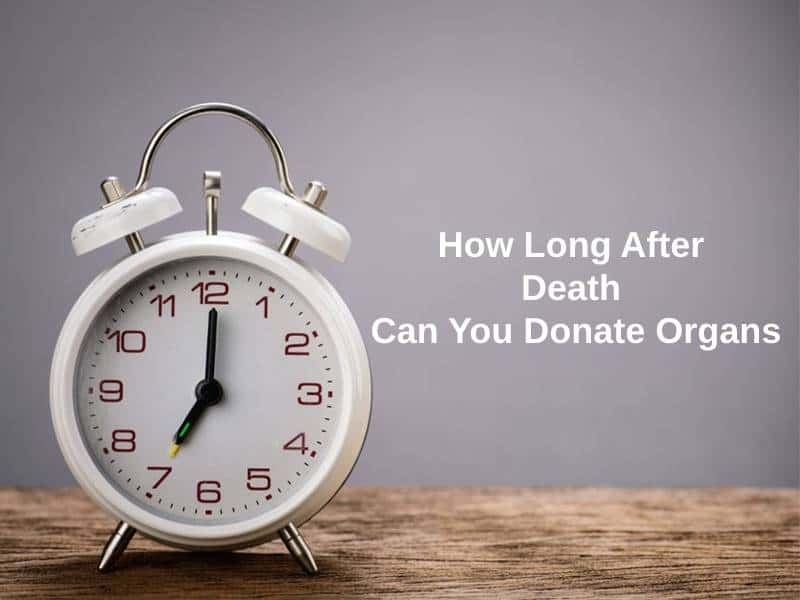



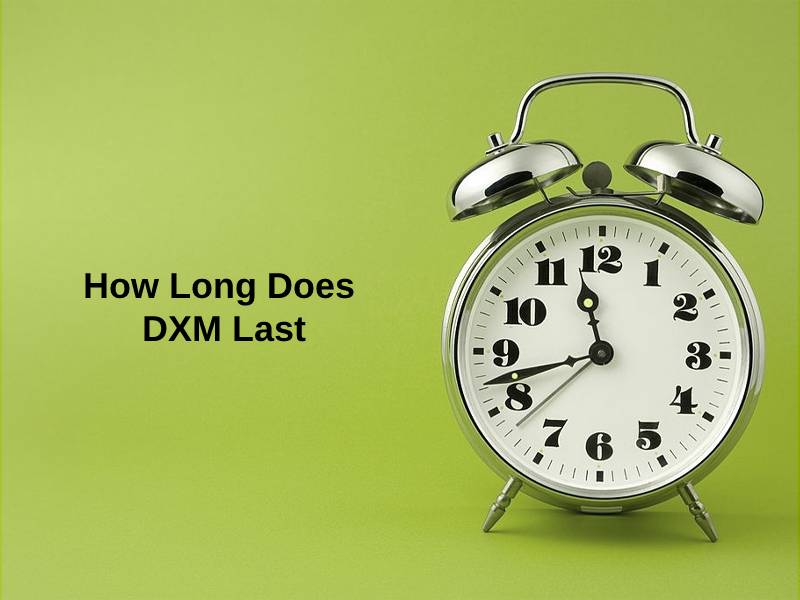


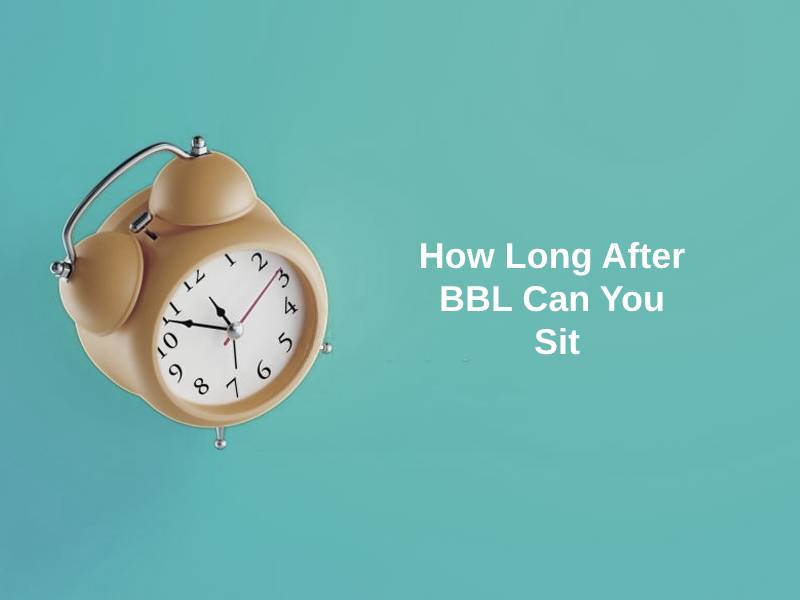
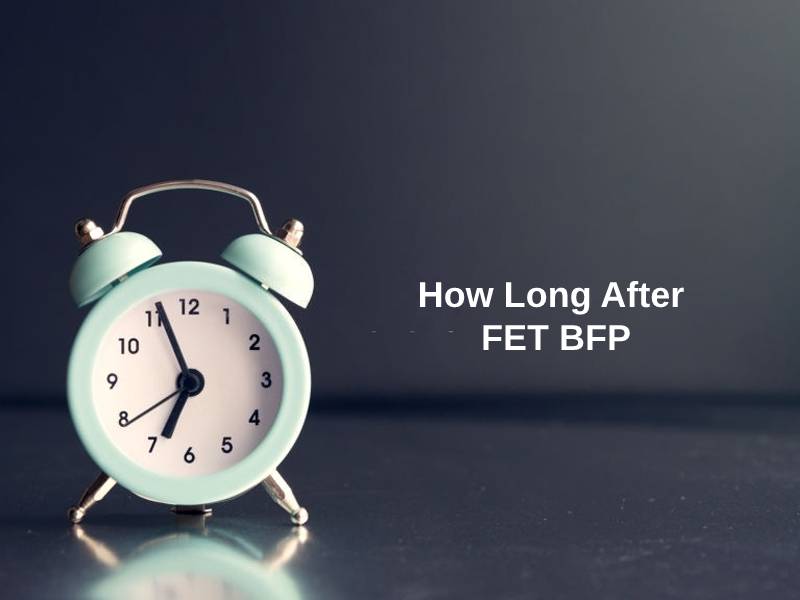

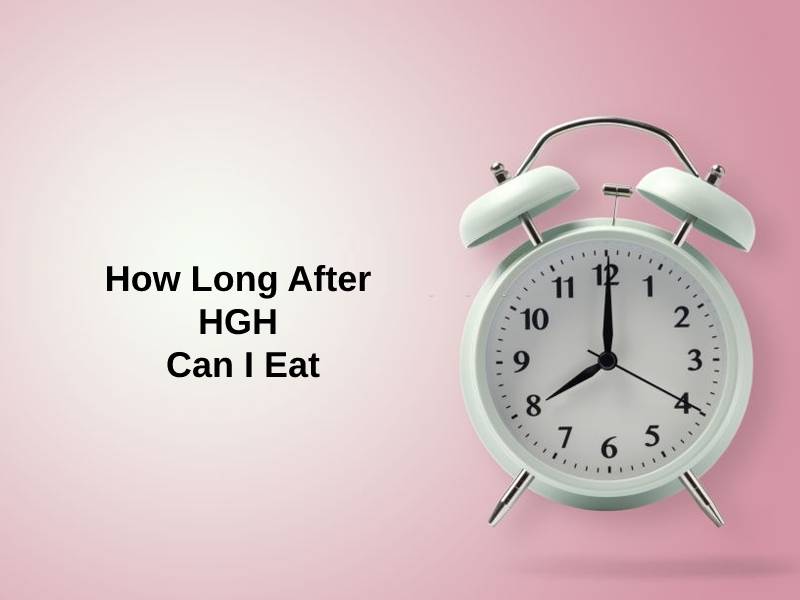

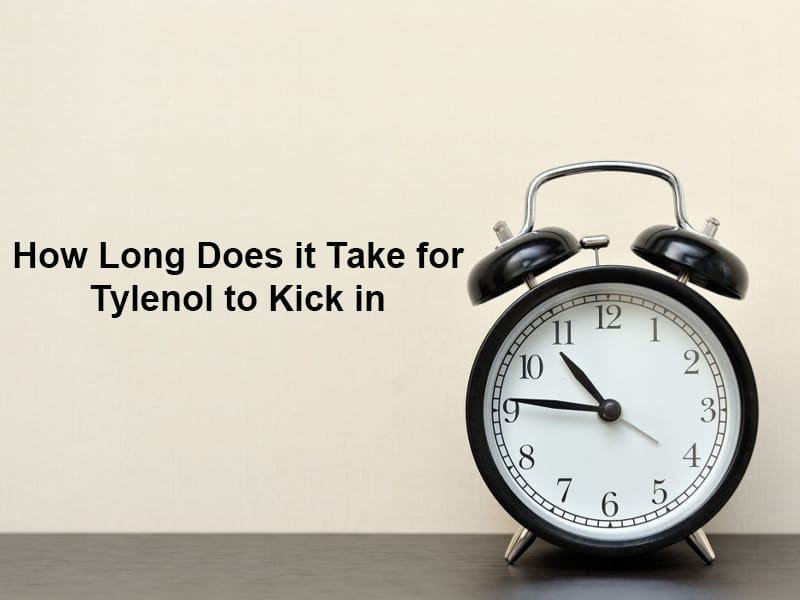

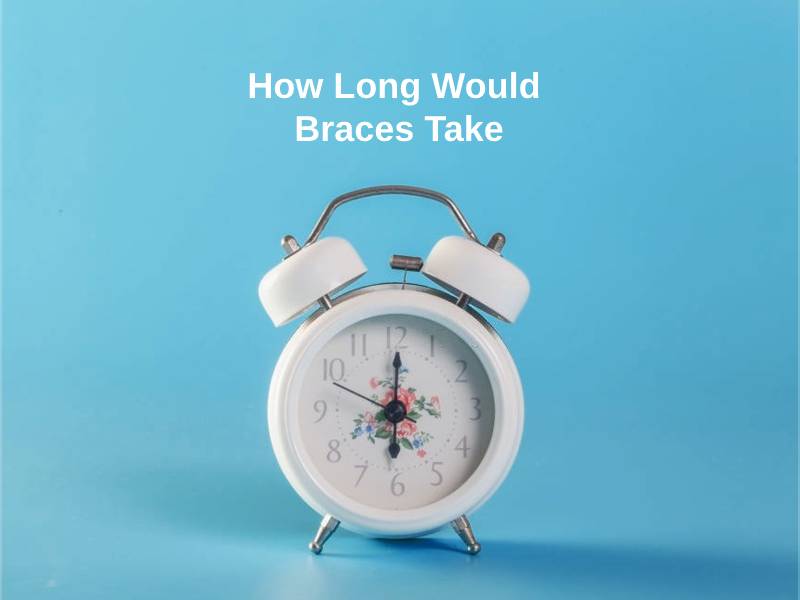
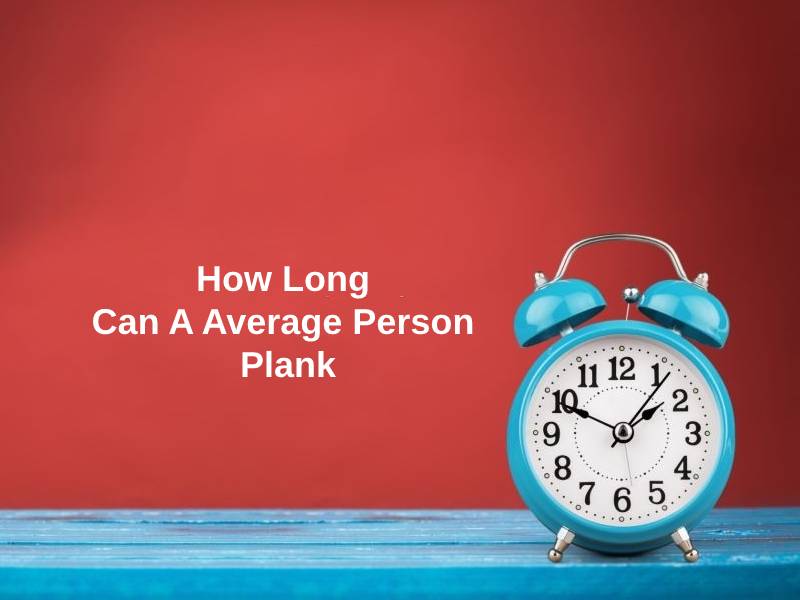
The impact of the failing kidneys on the body is a crucial aspect that this article addresses remarkably.
Absolutely, the significance of the body’s response to failing kidneys is a key point to grasp for better patient understanding.
The article emphasizes that while a diagnosis of kidney failure is difficult, there is still hope for patients.
Absolutely, instilling hope and understanding the potential for better outcomes is crucial for patients’ well-being.
Understanding the extensive impact of kidney failure on overall health is a crucial aspect of this article.
Absolutely, realizing the broader implications of kidney failure is essential for patients and medical professionals alike.
The article provides vital insights regarding the treatments available after kidney failure, offering hope to many patients.
It’s essential for patients to understand their treatment options, allowing them to make informed decisions.
Indeed, recognizing the available treatments and their potential effects is pivotal for better patient management.
The information on life expectancy for patients with CKD is quite concerning.
Yes, it’s alarming data, and raises awareness of the importance of early detection and treatment.
Very informative article and supports the idea that a positive prognosis can be achieved with proper care.
I agree with you, the article provides a detailed understanding of what a patient can expect and gives hope to those in such situations.
The article thoroughly explains the importance of immediate medical intervention after diagnosing kidney failure.
It does indeed emphasize the significance of timely treatment, which is essential for better outcomes.
Highlighting the critical role of prompt medical attention is vital for all patients to understand.
The prognosis after kidney failure without any treatment is quite informative.
It’s eye-opening data, and underscores the critical importance of proper medical care for patients.
The severity of symptoms for failing kidneys is distressing to hear.
Indeed, the signs and symptoms are daunting, which emphasizes the necessity of taking appropriate health measures.
The article raises awareness about the necessity of treating other diseases alongside kidney failure, which is commendable.
Indeed, recognizing the interconnectedness of various health conditions is vital for comprehensive patient care.
Correct, understanding the holistic approach to patient management is essential for better health outcomes.